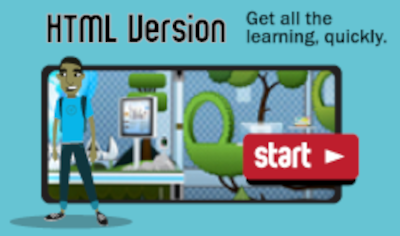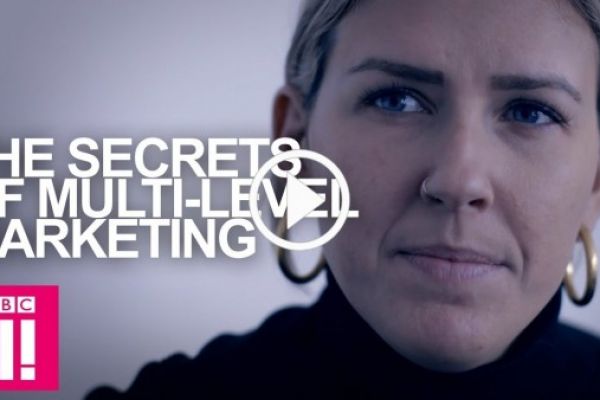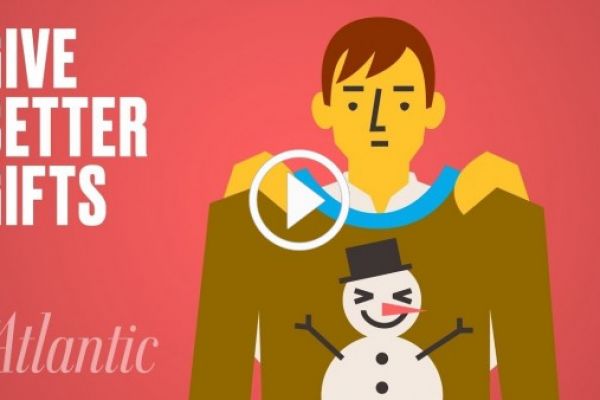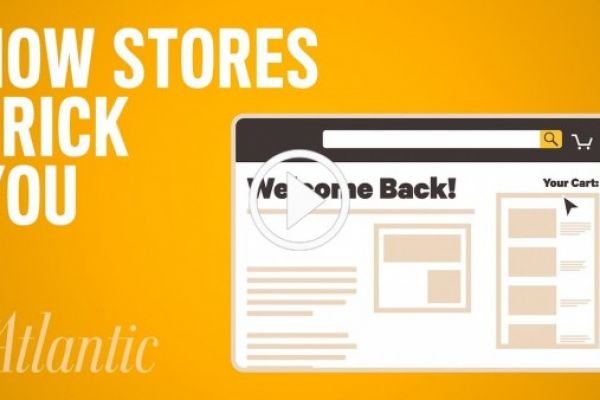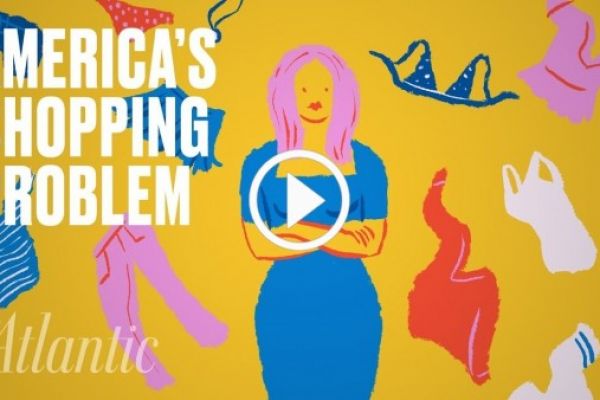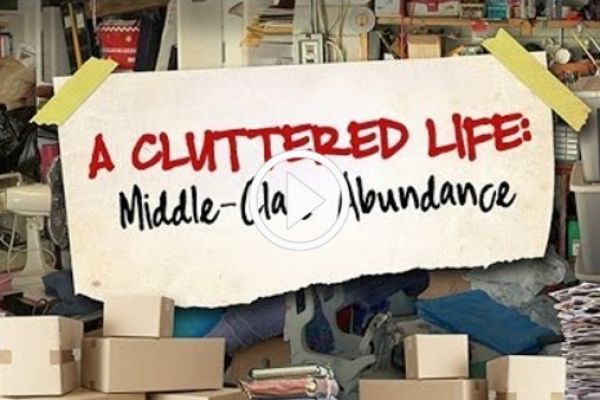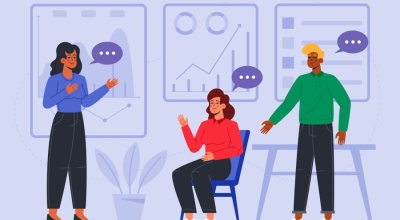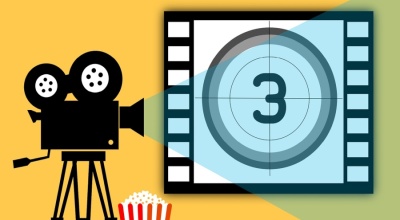This new HTML site provides all the content offered by Admongo.gov in a format that is accessible to those who use assistive technologies. It also is a useful tool for kids, parents and teachers who want direct access to the information presented in the Admongo game.
NOTE: Admongo new site link.
www.consumer.ftc.gov/Admongo/html-version.html
Teach kids practical lessons about money and business in a fun and familiar setting.
Advertising is everywhere — online, on billboards, television…any place where we get information. Knowing how to identify advertising and understand its messages helps young people become more informed, discerning consumers. Admongo teaches fun lessons, features teaching tools for educators and parents.
Worksheets and Presentations
Worksheets
- Make a Budget – Worksheet
- Compare Prepaid Cards – Worksheet
- Unscam Yourself – Quiz with Teacher’s Guide
Presentations
- Using a Bank or Credit Union – Presentation
- Your Credit History – Presentation
- Identity Theft – Presentation
- Identity Theft – Presentation (Korean)
- Scams Against Immigrants – Presentation
Order free handouts online
Competition? Mergers? Supply and Demand?
Video Playlist
How can you protect your child online
Here are some tips:
- Talk to your kids about what they’re doing online. Find out which games, social networking sites, and other online activities your kids are into and make sure you are comfortable with them.
- Talk to your children about the implications of providing personal information.
- Help your kids understand what information should stay private. Tell your kids why it is important to keep information like Social Security numbers, street addresses, phone numbers, and financial information private.
- Learn more about how to protect your child when he is online.
- File a complaint with the FTC if you think a site has put your child’s privacy at risk.
FTC Information and Resources
About the FTC
The Federal Trade Commission is the nation's consumer protection agency and one of the government agencies responsible for keeping competition among businesses strong. Its job is to make sure companies compete fairly and do not mislead or trick people about their products and services.
The Commission, which is known as the FTC, was created in 1914 and is part of the federal government. It is an independent agency within the Executive branch of the federal government, although it also reports on its activities to Congress, the Legislative branch. It is run by five Commissioners, nominated by the President and confirmed by Congress. Each Commissioner serves for a seven-year term. The President chooses one Commissioner to act as Chair. No more than three Commissioners can be of the same political party.
Three bureaus do the work of the FTC: Competition, Consumer Protection, and Economics. Several other offices help implement the mission of the bureaus.
- The Bureau of Competition's job is to promote competition in the marketplace and to challenge business practices that work against competition. The work of this bureau helps make sure that consumers have access to quality goods and services, that businesses can compete on the merits of their work, and that markets stay open and free. It does this by investigating possible violations of the law, challenging potential problems, and bringing cases when needed. The FTC does not choose winners and losers—you, the consumer, do that. Rather, the FTC helps make sure that businesses compete fairly within a set of rules and laws made by the Congress.
- The Bureau of Consumer Protection's job is to protect consumers against unfair, deceptive, or false business practices in the marketplace. This bureau makes sure that companies are playing by the rules in advertising, fair financial and lending practices, telemarketing, the privacy of your personal information, and fraud. The Bureau of Consumer Protection conducts investigations, sues companies and people who break the law, educates consumers and businesses about their rights and responsibilities, and writes rules to protect consumers like you. It also collects consumer complaints online (www.ftc.gov/complaint) or by phone (1-877-FTC-HELP).
- The Bureau of Economic analyzes how the marketplace works and how actions by businesses, the government, and consumers affect different industries. Economists provide advice and research to support competition and consumer protection investigations and court cases.
The FTC can investigate individual companies or entire industries. FTC investigations are confidential to protect the investigation and the company involved. The FTC and the company discuss the company's penalty for breaking the rules and how they can change their practices, so they do not break the rules in the future.
If the FTC and the company can't agree, the FTC can sue the company. Whether the FTC and the company agree on a settlement—or a court of law orders the company to stop—the company must be sure it follows what the settlement or court order says. Sometimes the company must pay money as a penalty. The FTC checks up on the company for years to be sure it is doing what it promised to do.
The FTC also authors reports about different business practices and markets, develops rules that explain some of Congress' laws about business activities, and informs consumers about the ways they can gather information to make wise buying decisions and protect themselves in the marketplace.
About 1,200 people work at the FTC in Washington, DC and several cities across the nation. Most of them are lawyers and economists, but there also are paralegals, graphic and Web designers, writers, marketers, librarians, people who manage databases of complaints, keep track of all the FTC's legal files, work with the media, work with Congress, and support all the work of the entire agency.
Public Downloads
All items are free to view, share, and download.
Public Downloads - Español (Spanish)
When available, we provide all our content with a Spanish version in our public download section. You can find additional material from sources listed in all our articles.
Download Consumer Literacy for Kids Activity Books, Lessons, Videos, Worksheets and Take-Home Handouts
Download Consumer Safety Activities, Free Internet Tutorials, Information, and Resources
Download Financial Literacy Activities, Lesson Plans, Information, and Resources
Video Playlist: Biz Kid$ (TV Series)
Biz Kid$ is a national financial education initiative based on an Emmy Award-winning public television series about kids, money, and business.
Using a clever blend of entertainment and education, each Biz Kid$ episode shows kids how to make and manage money by introducing concepts of financial literacy and entrepreneurship. To keep young viewers engaged, the series includes a fast-paced mix of direct education delivered by young actors, sketch comedies, animation, and stories featuring real life young entrepreneurs.












